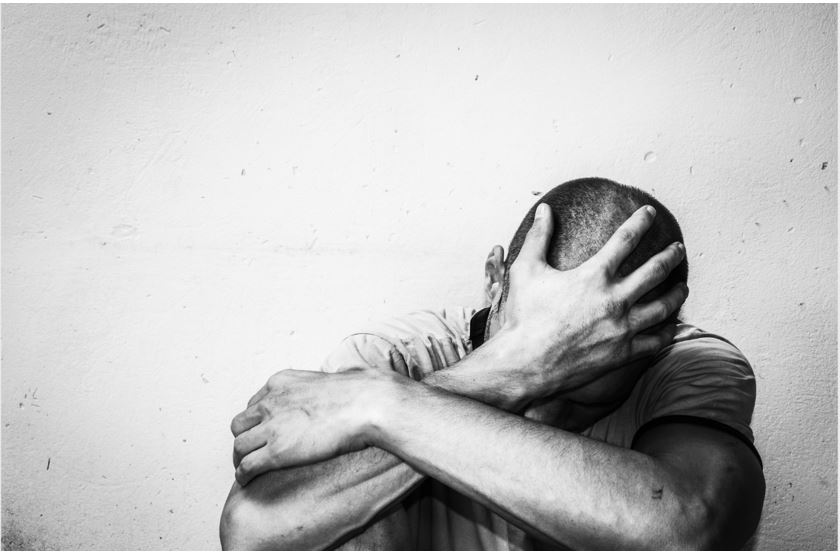Anxiety is a formidable adversary that can cast a shadow over every aspect of life, diminishing joy and clouding even the brightest moments.
As a seasoned therapist, I’ve had the privilege of guiding individuals on the intricate journey of managing anxiety through the transformative power of psychotherapy. In this blog, we will explore the nuanced landscape of anxiety, the impact it has on individuals, and how psychotherapy can serve as a compass to navigate this challenging terrain.
Anxiety is more than just a passing worry. It’s a complex interplay of thoughts, emotions, and physiological responses. From generalized anxiety disorder to panic attacks, the spectrum of anxiety disorders can be overwhelming. Recognizing that anxiety is a multifaceted experience is the first step in tailoring effective therapeutic interventions.
One of the fundamental elements of psychotherapy for anxiety is psychoeducation. Clients often find solace in understanding the neurobiological underpinnings of anxiety and how it manifests in their unique experiences. By demystifying anxiety, individuals can gain insights into its triggers and learn to navigate their emotional landscape with greater self-awareness.
Cognitive-behavioral therapy (CBT) has proven to be a gold standard in addressing anxiety. Through cognitive restructuring, individuals work with their therapist to identify and challenge negative thought patterns. This process empowers clients to reframe their perspectives, fostering a more adaptive and realistic outlook on life. As a therapist, witnessing the transformative shift in clients’ perceptions is incredibly rewarding.
Mindfulness practices have become integral to anxiety-focused psychotherapy. Mindfulness and acceptance-based approaches encourage individuals to cultivate a non-judgmental awareness of their thoughts and feelings. By being present in the moment, clients can break free from the cycle of anxious rumination, finding a sense of peace amidst life’s uncertainties.
Anxiety often has roots that extend beyond the surface symptoms. Psychodynamic therapy, a modality that explores the unconscious and unresolved experiences, can be instrumental in uncovering the origins of anxiety. By delving into the past, individuals gain a deeper understanding of the patterns that contribute to their anxiety, facilitating lasting change. For those grappling with specific fears or phobias, exposure therapy can be a powerful tool. Gradual and systematic exposure to anxiety-provoking stimuli, coupled with therapeutic support, allows individuals to confront and overcome their fears. The process builds resilience and diminishes the intensity of anxiety responses over time.
An essential aspect of anxiety management is equipping individuals with practical coping skills. These skills, ranging from deep breathing exercises to assertiveness training, empower clients to navigate life’s challenges with confidence. As a therapist, collaborating with clients to develop a personalized toolbox of coping mechanisms is a crucial part of the healing journey.
Psychotherapy stands as a beacon of hope for those navigating the turbulent waters of anxiety. As a therapist, witnessing the resilience and transformation of individuals who embark on this journey is a testament to the efficacy of psychotherapy in managing anxiety. By unraveling the intricate threads of anxiety and building a foundation of self-awareness, individuals can reclaim control over their lives, fostering a sense of calm and well-being that extends far beyond the therapist’s office.
